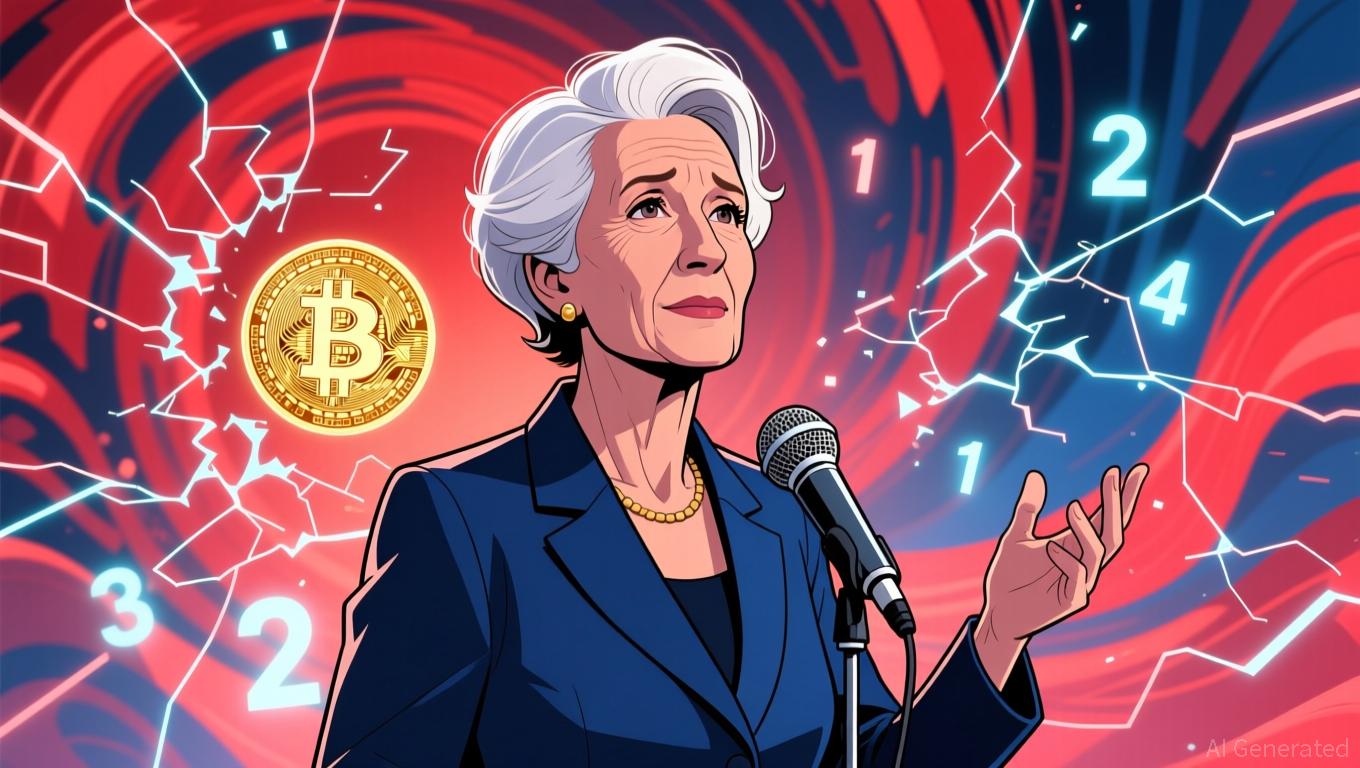Upexi CSO Explains Why the Next Wave of Corporate Finance Is Moving On-Chain
Tokenized assets and modern blockchain rails are reshaping corporate finance, with institutions accelerating on-chain adoption and Solana gaining momentum as a preferred platform for next-generation financial infrastructure.
Blockchain infrastructure has matured significantly over the past years, and its effects are now extending far beyond decentralized finance (DeFi).
According to Brian Rudick, Chief Strategy Officer at Upexi, the next wave of corporate finance will unfold on-chain as companies increasingly adopt the technology.
Corporate Finance Is Moving On-Chain
In an exclusive interview with BeInCrypto, Rudick highlighted the rapid rise of tokenized real-world assets (RWAs) as one of the clearest indicators that corporate finance is shifting into blockchain-based environments.
He pointed to one headline number: around $36 billion worth of RWAs are now tokenized on blockchains — a figure that has surged 160% in the past year alone. These include private credit, US Treasuries, commodities, alternative investment funds, and equities.
“We’re also seeing large finance and tech incumbents experimenting with blockchain technology more and more,” he said
Notably, this experimentation is quickly turning into a real deployment in 2025. Several major institutions have moved to active blockchain-based development.
SWIFT, for example, is building a shared real-time ledger connecting more than 30 global banks. Google Cloud has introduced the Universal Ledger (GCUL), a neutral Layer-1 blockchain designed specifically for banks and capital markets.
Meanwhile, companies like Citigroup, Mastercard, and Visa are already offering, or preparing to offer, blockchain-powered products to their customers.
“We expect this to accelerate if and when the US passes digital asset market structure legislation,” Rudick added.
Blockchain’s Real Impact Lies in Replacing Old Rails
When it comes to “on-chain corporate finance,” it could mean things like: a company putting its balance sheet on a blockchain, doing mergers and acquisitions using tokens, or raising money with tokenized assets.
But in Rudick’s opinion, this is not where blockchain will have the biggest impact right now. He believes the biggest opportunity is not forcing every corporate finance task, such as financial planning and analysis, onto blockchains.
Instead, it lies in replacing the outdated infrastructure that underpins modern finance. He said that,
“The opportunity for blockchain technology to revolutionize traditional finance is much more around reimagining our currently antiquated financial rails – items like ACH or the credit card issuer networks that were created 50+ years ago and are slow and expensive.”
Rudick argued that although on-chain fundraising can provide advantages such as broader investor access, the full digitization of corporate finance will still lag due to two key factors:
“1) the perhaps larger and more immediate benefits of new financial rails like near-instant and free payments with stablecoins, compared to the current corporate finance construct that works comparatively well, and 2) less burdensome and already-defined regulations within certain areas items like stablecoin payments compared to less defined rules for onchain capital raising.”
Despite this, Rudick noted that tokenized assets already mirror the behavior CFOs care about: cash flow, liquidity, and yield.
“There are some nuances, where, for example, it may take time for onchain liquidity to build, but where liquidity can also be offered outside of traditional market hours. As finance moves more fully onchain, the benefits will outweigh the early challenges,” he disclosed to BeInCrypto.
Why Solana Emerges as a Leading Ecosystem for On-Chain Finance
When asked which ecosystems are best positioned to support this emerging on-chain financial layer, the executive pointed decisively to Solana. Rudick, who oversees Upexi’s cryptocurrency strategy — one of the leading Solana-focused treasury companies — cited several factors behind his assessment.
“Solana is the natural home for onchain finance, given its leading speed, cost, reliability, and as it is purpose built exactly for this. In fact, Solana’s North Star is what it calls Internet Capital Markets, where all the world’s assets trade on the same liquidity venue, accessible 24/7 to anyone with an internet connection,” he commented.
Rudick emphasized that major financial institutions, including FiServ, Western Union, Société Générale, PayPal, Visa, Franklin Templeton, BlackRock, Apollo, and many others, are increasingly using Solana to bring finance on-chain and capture its benefits.
Disclaimer: The content of this article solely reflects the author's opinion and does not represent the platform in any capacity. This article is not intended to serve as a reference for making investment decisions.
You may also like
Bitcoin Updates Today: Is Crypto’s Intense Fear Signaling a Market Bottom or Just a Misleading Decline?
- Crypto Fear & Greed Index fell to 24, with Bitcoin consolidating between $103,000-$115,000 amid prolonged market anxiety. - Extended fear periods historically precede market bottoms, but traders warn the index often lags and misfires in volatile conditions. - Coinbase aims to stabilize markets with 24/7 altcoin futures, yet regulatory clarity and persistent ETF outflows remain critical factors.

Bitcoin News Update: Bitcoin ETFs See $2.96 Billion Outflow as November Optimism Wanes
- BlackRock's Bitcoin ETFs lost $523M in single-day outflows on Nov 17, marking fifth consecutive net redemptions totaling $2.96B for November. - Despite November's historical 41.22% Bitcoin price surge, ETF redemptions signal cooling institutional/retail demand with average investor cost basis at $89,600. - Michael Saylor's firm bought 8,178 BTC at $102k average price, while JPMorgan warned Bitcoin-heavy companies risk index delistings by 2026. - BlackRock's IBIT holds 3.1% of Bitcoin supply but NAV multi

Bitcoin Updates: ECB Advocates for Digital Euro While Bitcoin's Decline Faces Regulatory Barriers
- ECB President Lagarde reaffirmed Bitcoin's "worth nothing" stance, rejecting its inclusion in central bank reserves due to safety and regulatory risks. - Bitcoin fell below $90,000 (32% from October 2025 peak), mirroring April 2025's correction amid U.S. rate uncertainty and large holder sell-offs. - ECB prioritizes digital euro development, aiming for 2027 pilot and 2029 launch to enhance privacy and reduce reliance on foreign payment systems. - Despite short-term Bitcoin rebound (3.64% in 24 hours), an

Ethereum News Update: Altcoins Face Critical Juncture—December Turning Point May Spark Market Recovery or Downturn
- Altcoins like ETH, XRP , and ICP trade near critical technical levels as institutional investors monitor potential inflection points ahead of a possible December market rebound or collapse. - Ethereum remains fragile below key moving averages with RSI near oversold territory, while XRP faces a $2.07–$2.10 support test that could trigger further declines if broken. - Smaller-cap tokens show speculative activity amid consolidation, with ICP's $4.97 resistance and Bitcoin's $88,000 support level serving as

